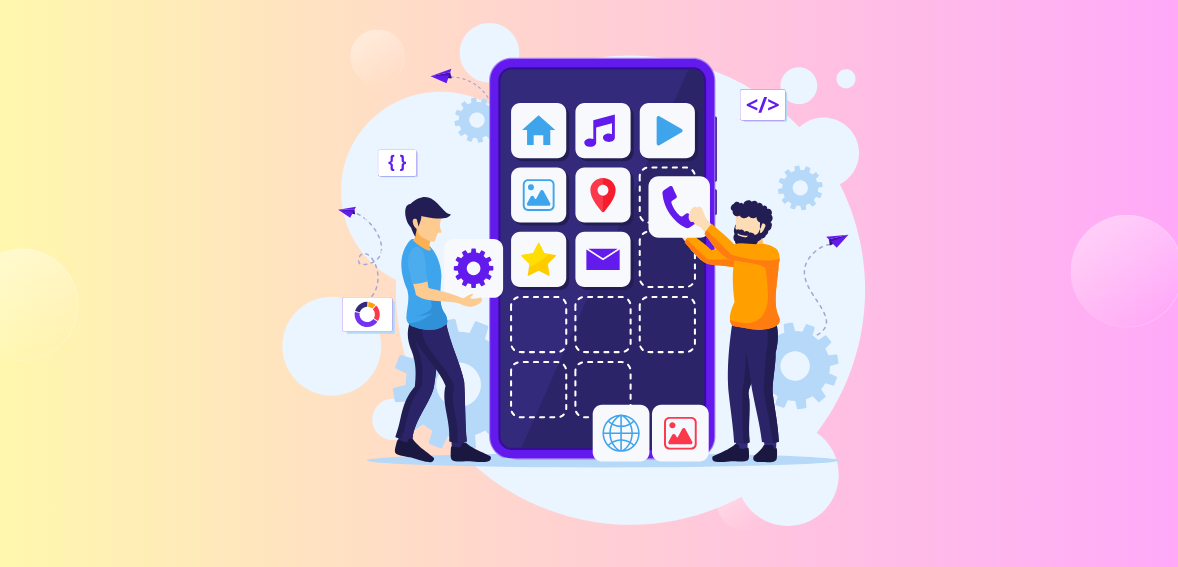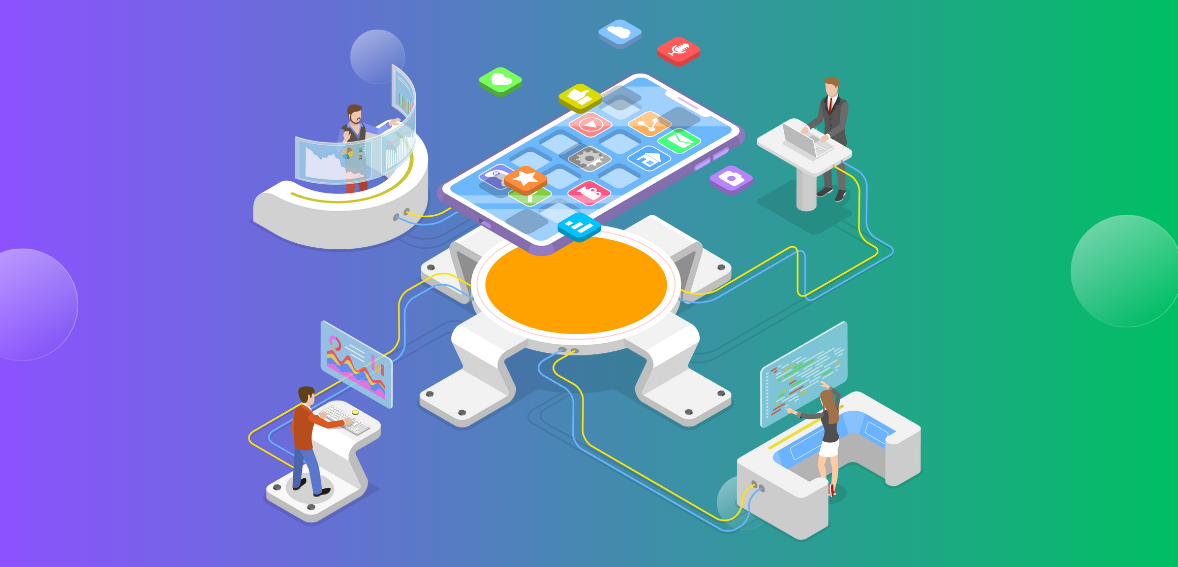Introduction
nnnnAn API is an application programming interface (or “API”) that allows other applications to interact with your app. It’s a way for you to expose your data or functionality, and let other developers build on top of it. APIs can provide access to your data or functionality from any device with internet access—whether it’s mobile devices like smartphones or tablets running Android or iOS; web browsers using Chrome, Safari, etc.; desktop PCs running Windows 10; Linux servers; even embedded devices like smartwatches that run Google Tasks!
nnnnOpen APIs
nnnnAn open API is a set of specifications that define the operation of a system. Open APIs are made available to anyone, so you don’t have to be a developer or programmer in order to use them.
nnnnOpen APIs can be accessed via either:
nnnn- n
- A web service (like Google Maps) nnnn
- An application programming interface (API). The term “APIs” generally refers to computer programs that allow other applications or systems access some data on your computer system; however, it can also refer specifically to just about any method used by one system (or person) within another system or person’s computers/devices/etc… n
A remote procedure call (RPC) is a request-response protocol for invoking methods on objects.
nnnnRPCs, or remote procedure calls, are a type of service that can be called remotely. To invoke methods on objects, you need to use an RPC.
nnnnRPCs are stateless and don’t require any authentication or encryption because they’re just used for one-off tasks like logging into another computer. The HTTP protocol is used to transfer data between servers and clients in RPCs because it’s lightweight enough for this kind of communication (and easy enough).
nnnnRPCs aren’t secure by default; they only encrypt the payload if you use HTTPS instead of plain HTTP traffic (which isn’t recommended).
nnnnRPC uses simple text messages over the Internet using HTTP over port 80.
nnnnThe RPC protocol is a request-response protocol for invoking methods on objects. It uses simple text messages over the Internet using HTTP over port 80.
nnnnA remote procedure call (RPC) is a request-response protocol for invoking methods on objects in an environment not directly accessible by the client or server.
nnnnAn RPC uses simple text messages over the Internet using HTTP over port 80:
nnnnGET /API/users/${user}
nnnnPOST /API/users/${user}
nnnnRPCs have no session, shared state, identity or authentication.
nnnnRPCs have no session, shared state, identity, or authentication.
nnnnThey are typically used to perform one small task and then quit.
nnnnRPCs use simple text messages over the Internet using HTTP over port 80.
nnnnRPCs cannot be programmed with any kind of security or encryption.
nnnnRPCs cannot be programmed with any kind of security or encryption. They are typically used to perform one small task and then quit.
nnnnRPCs are not designed for long-running or interactive communication. This is because they use simple text messages over the Internet using HTTP over port 80 (the default port), which makes them easy to implement in many languages, such as C and Perl. The remote function is called with the same interface as a local function – this means that there is no need to map between client and server host operating systems or programming languages
nnnnRPCs are typically used to perform one small task and then quit.
nnnnRPCs are typically used to perform one small task and then quit. This makes sense because RPCs are not used for long-running applications, they don’t require user interaction, and they require a secure connection.
nnnnPartner APIs
nnnnPartner APIs are the most common form of API. They allow third parties to access your data and use it for their own purposes, such as providing a service or sharing data with another company. Partner APIs can be used to create new revenue streams, but they also have some disadvantages:
nnnn- n
- You need to make sure that the partner who uses your partner API is trustworthy (for example, if you want someone else to access your customer’s information via their website). nnnn
- You may face legal issues if someone gets hacked or steals sensitive information from your database through an unsecured connection between them and yourself. n
Conclusion
nnnnAPI is a good way to build applications that can do more with less code. They are designed to allow users to interact with your application in a controlled fashion, so you don’t have to worry about security or other details. If you have any questions about APIs or the API-First approach, please let us know in the comments below!
n



